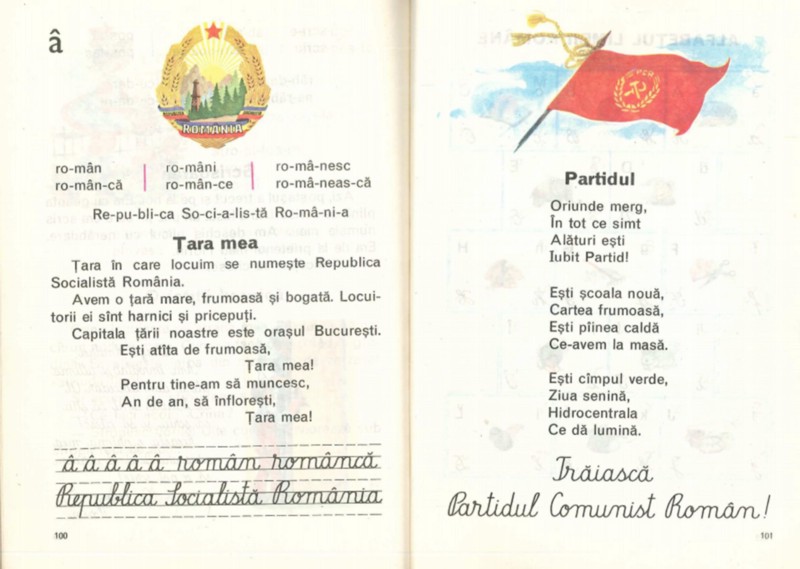
Of course it’s somewhat easy for me to guess that Eastern Europeans will be more interested in these books than people from Western cultures. This is not due to any restriction — by all means, all of you should consider adding some of these books to your reading list! — , but rather to the intriguing way Eastern Europeans “deal” with their national histories.
I’m Romanian and, although I’ve been long aware that Eastern Europe nations have much in common, I was never quite aware of the extent to which this has gone. I’ve always considered that staples of our national culture are unique. It turns out we’re one of many peoples who believe they’ve stopped the Ottoman Empire from reaching the west. It turns out that we’re one of the many peoples who indulge in political jokes (a ton of them!). It turns out that we’re one of the many peoples who got a sense of national identity around the 1850s, inspired by a movement of educated elites, mainly poets and artists.
I found out many of these things from an audiobook part of a series called “The Great Courses”. The course taught by professor Vejas Gabriel Liulevicius, Ph.D., simply called “A History of Eastern Europe” (available from The Great Courses website or Audible) covers many of the commonalities and macro-level history Eastern Europe nations share, starting off with the joke that, in fact, no-one considers themselves part of Eastern Europe, but prefers to identify otherwise (Central, Baltic, Southern etc.)
A darker, grim perspective on the events that have unfolded in the 20th century, is presented by Timothy Snyder in his book Bloodlands: Europe between Hitler and Stalin. This is a gruesome but historically accurate description of the events unfolding before, during and after the Second World War. The author argues that the peak of war crimes happened alongside the Eastern front, treating the history of these lands in a unitary fashion, albeit most historians prefer to focus on a single evil dictator once.
And yes, the final recommendation has nothing to do with Eastern European culture, but becomes important though the perspective of the Second World War and the first two books I’ve already mentioned. It is no surprise that the topic of WW2 is one of the most significant in the history of Eastern European states. The context of the 20th century conflict and its consequences have undoubtedly left an imprint on our nations since. My third recommendation is therefore The Rise and Fall of the Third Reich by William R. Shirer.
Besides the influence the events unfolding in Austria and Germany have had on Eastern European nations, I believe this book to be an excellent warning: the enthusiasm and the gradual changes described in this book can only prove that the road to hell is paved with good intentions. In a time when extreme political views are resurfacing all around Europe (and especially in the East, where, in some places, communism is viewed with increased leniency and nostalgia from old and young generations alike), this book serves as a good reminder that we should strive for balance and tolerance.
Let me know if you added any of these books to your reading list and if you’ve enjoyed them as much as I did. I’m also open to suggestions from you, so make sure you drop me a line here or on my Twitter account.